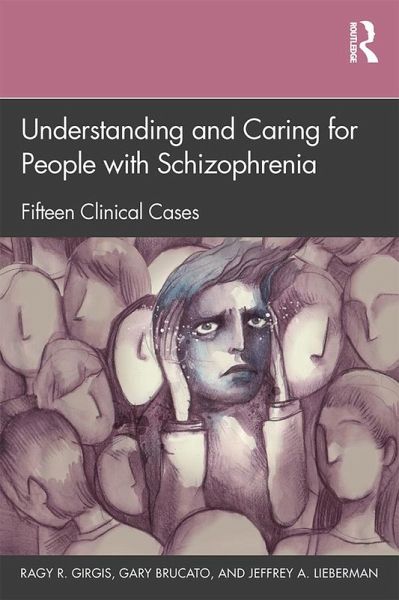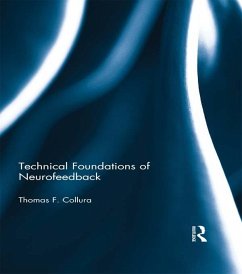
Understanding and Caring for People with Schizophrenia (eBook, ePUB)
Fifteen Clinical Cases
Versandkostenfrei!
Sofort per Download lieferbar
34,95 €
inkl. MwSt.
Weitere Ausgaben:

PAYBACK Punkte
17 °P sammeln!
This book challenges professional and public misconceptions of schizophrenia as an illness with intractable symptoms and inexorable mental deterioration, educating clinicians and researchers on the effectiveness of treatment to change the course of or prevent the onset of illness.The authors illustrate such effectiveness through fifteen case studies examining psychosis in diverse clients. These case studies are divided into the three phases of the illness-prodromal/clinical high risk, first-episode, chronic, and treatment-refractory-with accompanying analyses of the causes, symptoms, intervent...
This book challenges professional and public misconceptions of schizophrenia as an illness with intractable symptoms and inexorable mental deterioration, educating clinicians and researchers on the effectiveness of treatment to change the course of or prevent the onset of illness.
The authors illustrate such effectiveness through fifteen case studies examining psychosis in diverse clients. These case studies are divided into the three phases of the illness-prodromal/clinical high risk, first-episode, chronic, and treatment-refractory-with accompanying analyses of the causes, symptoms, interventions and treatments. By depicting patients at different clinical stages of the illness, with accompanying explanations of how they got to that point, what might have been done to avoid - or has been done to achieve - this outcome, the reader will gain an appreciation of the nature of the illness and for the therapeutic potential of currently available treatments.
Readers will learn about the various clinical aspects of schizophrenia and treatment including diagnosis, prognosis, clinical presentation, suicide risk, cognitive deficits, stigma, medication management, and psychosocial interventions.
The authors illustrate such effectiveness through fifteen case studies examining psychosis in diverse clients. These case studies are divided into the three phases of the illness-prodromal/clinical high risk, first-episode, chronic, and treatment-refractory-with accompanying analyses of the causes, symptoms, interventions and treatments. By depicting patients at different clinical stages of the illness, with accompanying explanations of how they got to that point, what might have been done to avoid - or has been done to achieve - this outcome, the reader will gain an appreciation of the nature of the illness and for the therapeutic potential of currently available treatments.
Readers will learn about the various clinical aspects of schizophrenia and treatment including diagnosis, prognosis, clinical presentation, suicide risk, cognitive deficits, stigma, medication management, and psychosocial interventions.
Dieser Download kann aus rechtlichen Gründen nur mit Rechnungsadresse in A, B, BG, CY, CZ, D, DK, EW, E, FIN, F, GR, HR, H, IRL, I, LT, L, LR, M, NL, PL, P, R, S, SLO, SK ausgeliefert werden.













